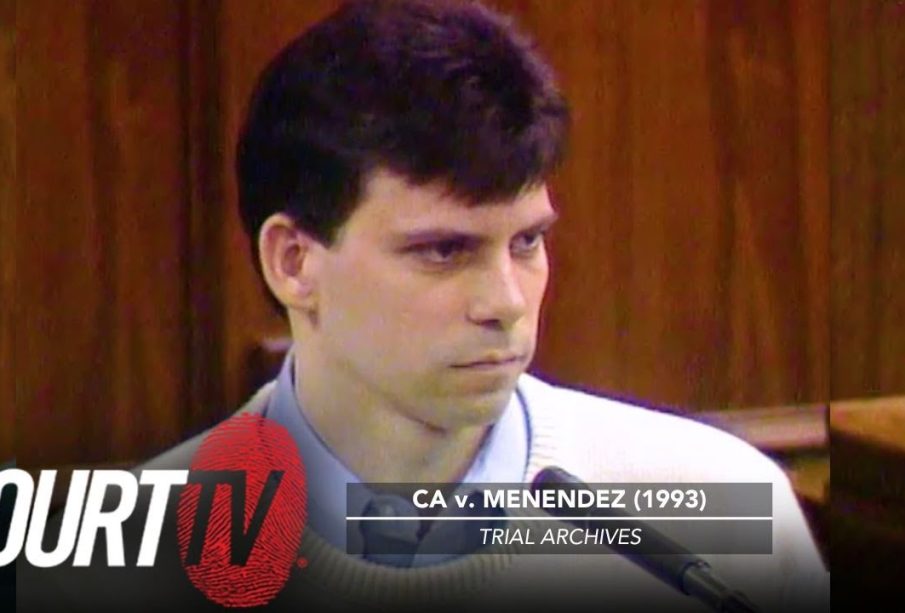The Life and Legacy of Lyle Menendez

Introduction
The case of Lyle Menendez has captivated the American public since its inception in the early 1990s. Along with his brother Erik, Lyle was convicted of the shocking murder of their wealthy parents, Jose and Mary Louise Menendez. The brothers’ background, the trial proceedings, and the subsequent media frenzy have sparked debates about familial loyalty, psychological trauma, and the American judicial system, making this case of significant relevance even decades later.
Background of the Case
In 1989, Lyle and Erik Menendez shot their parents in their Beverly Hills home, a heinous crime that shocked the affluent community and the nation. Initially, the brothers reported the deaths as a home invasion, but as investigations unfolded, inconsistencies in their accounts led to suspicion. The trial officially began in 1993, where the prosecution painted a picture of cold-blooded murder motivated by greed, while the defense argued that the brothers were victims of long-standing abuse.
Trial and Sentencing
The Menendez trial was one of the first to attract extensive media coverage, owing in part to the dramatic nature of the crimes and the glamor surrounding the lives of the Menendez family. The courtroom became a stage for emotional appeals as allegations of domestic abuse surfaced. The jury ultimately deadlocked on the first trial, but a second trial in 1996 resulted in both brothers being convicted and sentenced to life in prison without the possibility of parole. This verdict underscored the complexities of the case and prompted discussions about mental health issues related to childhood trauma.
Current Developments
As of October 2023, Lyle Menendez is still incarcerated, serving his sentence in California. The case continues to be examined in the media and legal circles, with many questioning the fairness of the trial and the influence of sensational media coverage. Documentaries and podcasts revisiting the case highlight the changing perceptions of crime and punishment in the modern era.
Conclusion
The Menendez brothers’ case remains a significant part of American cultural history, illustrating the intersection of crime, family dynamics, and society’s response to violence. As new dialogue emerges around mental health and legal representation, the Menendez case continues to resonate, effectively reminding us of the complexities inherent in human relationships. The story of Lyle Menendez serves as a cautionary tale about the potential consequences of familial strife and societal neglect, evoking empathy even for those embroiled in criminal acts.









